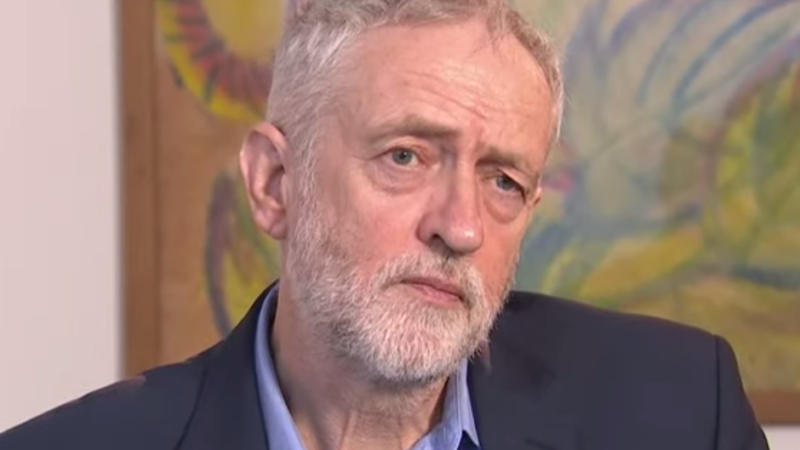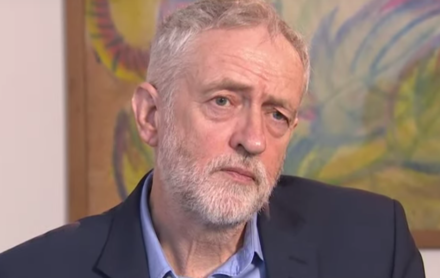

The absence of a condemnation from the Labour leader of Venezuelan government violence is awkward and doesn’t bode well. Can Jeremy Corbyn make the transition from being a rebel leader to being a mainstream leader? What’s standing in the way?
To understand Corbyn you need to understand that he has always seen his role as a voice for the voiceless. In this way his support of Irish Republicans is often mistaken for a hatred of Britain, when it was always about him giving a voice to a people whose owns voices were banned on television by law.
On a personal level, I’ve seen this side to Corbyn when I was at a rally in North London where he and a number of other Labour MPs were giving speeches. A woman in the audience kept screaming at the top of her voice while holding a sign that complained of a housing issue. Eventually she stopped screaming, and when I looked across I saw him speaking to her and making a note of her compliant. She just wanted to be heard. It wasn’t even Corbyn’s constituency, but it was typical that he would be the one who would see this woman as a person in pain rather than a person disrupting our rally.
In this capacity Corbyn is less a revolutionary and more a contrarian with a sense of purpose – to give a voice to the voiceless. He does have a side that is genuinely hostile to capitalism, but it’s a mistake to simplify him to an enemy of the state simply because he is a friend to the dispossessed.
The problem in all of this is that Corbyn is now the leader of the Labour Party and a likely future prime minister. Regardless of the background of Hugo Chavez promoting a brand of socialism that many found inspiration in, the fact of today is that Venezuela has moved towards violent dictatorship. If Jeremy fails to make a public condemnation, then he looks less like a voice of the dispossessed and more like a man who turns his back on oppression, depending on the circumstances.
Being a backbencher with the freedom to speak up for one cause or another is a privilege that party leadership denies. There is a level of scrutiny now that demands a consistent line. Failing to accept this responsibility may not cost us the election, but it would likely affect our majority.
Since the general election, the hostility shown to Corbyn has been transformed into a good-will gift. But the gift is not a carte-blanche for him to do and say what he wants, but more an openness from the British people towards the views of a man who kept his dignity while suffering industrial-scale defamation.
To squander that gift would be to squander the work of a lifetime. What purpose can be achieved by failing to condemn state violence and an emerging dictatorship? There is nothing socialist about these arrests. Nor is there any advantage to us in our failure to condemn. It’s about taking a stand and the very identity of Corbyn is of a man of principle who is willing to take a stand. For some reason, in this instance, he isn’t.
There are people (including in the Labour Party) who want to attack Corbyn for his previous support of Chavez. They will use any statement against him, or any lack of a statement. But if Corbyn was failing to take a stand because of them, then he really needs to ask himself why he thinks these people are so important that they can silence him?
Corbyn needs to issue a statement condemning the arrests and violence in Venezuela, for the sake of his own good standing and that of the party. It’s a question of right and wrong. A question of morality.




More from LabourList
‘Council Tax shouldn’t punish those who have the least or those we owe the most’
Two-thirds of Labour members say government has made too many policy U-turns, poll reveals
‘Two states, one future: five steps on the path to peace for Israelis and Palestinians’